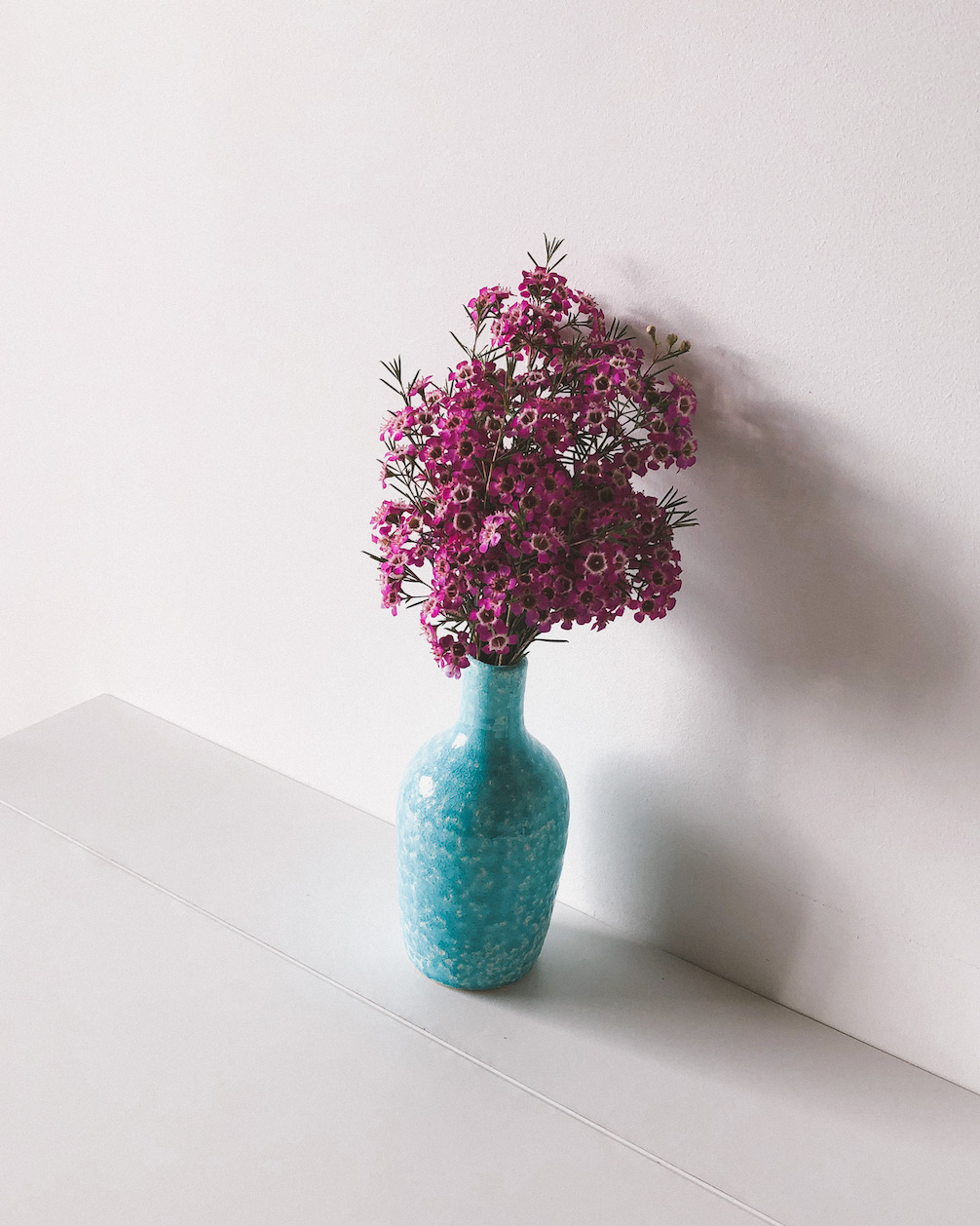Self-love is a journey, a necessary path to true contentment and wellbeing. It’s about embracing who you are, understanding your worth, and treating yourself with the same kindness and respect you offer others.
This article dives deep into the art of self-love. We’ll explore what it means to truly love oneself, why it’s crucial, and practical ways to cultivate this important relationship. The path to self-love isn’t always easy, but it’s one of the most rewarding journeys you can embark on.
Understanding Self-Love
What is Self-Love?
Self-love is more than just a buzzword; it’s a profound acceptance of who you are, including your strengths and weaknesses. It’s an ongoing process of recognizing your worth, regardless of external achievements or validation.
This self-acceptance means treating yourself with kindness, forgiving your mistakes, and not being overly critical. Self-love is the foundation of your mental and emotional wellbeing, influencing how you interact with the world and make decisions.
Self-Love vs. Selfishness
It’s essential to differentiate self-love from selfishness or narcissism. Unlike selfishness, which is often about putting your needs above others to their detriment, self-love is about ensuring your wellbeing without exploiting or harming others.
Narcissism, characterized by an inflated sense of importance, is also different from self-love. In contrast, self-love fosters a healthy relationship with oneself and others, based on mutual respect and understanding.
Recognizing the Signs of a Lack of Self-Love
Recognizing when you’re lacking in self-love is the first step towards change. Signs of inadequate self-love include constant self-criticism, neglecting your needs, and a tendency to put others’ needs consistently before your own.
You might also find yourself seeking external validation to feel worthy or setting unrealistically high standards for yourself. These behaviors can lead to burnout, anxiety, and a decrease in overall wellbeing.
Overcoming Barriers to Self-Love
Identifying Common Barriers
Several barriers can hinder the development of self-love. Societal pressures to conform to certain standards, past negative experiences, and trauma can significantly impact how you view yourself. Understanding these barriers is crucial to overcoming them.
Strategies to Overcome Barriers
Overcoming these barriers often involves challenging negative beliefs and developing a more compassionate inner dialogue. Therapy, mindfulness practices, and self-reflection can be effective tools in this process.
Remember, breaking down these barriers is a gradual process that requires patience and perseverance.
Practical Tips for Cultivating Self-Love
Daily Practices
Incorporate daily practices that reinforce self-love. This could include positive affirmations, journaling about things you appreciate about yourself, or setting aside time for activities you enjoy. These practices help shift your focus from external validation to internal appreciation.
The Role of Self-Care
Self-care is a vital aspect of self-love. It’s about taking care of your physical, emotional, and spiritual needs. This could mean getting enough sleep, eating nourishing foods, engaging in physical activities, or spending time in nature.
Self-care is about understanding what your body and mind need and making a conscious effort to provide it.
Setting Boundaries
Learning to say no and setting healthy boundaries is a powerful form of self-love. It’s about respecting your limits and not allowing others to take advantage of you. Boundaries help you maintain a sense of self and prevent burnout and resentment.
Mindfulness and Self-Love
Practicing mindfulness is a profound way to deepen your relationship with yourself. Mindfulness involves being fully present in the moment, observing your thoughts and feelings without judgment. This practice helps in recognizing and accepting your true self, fostering a more compassionate and loving attitude towards yourself.
Simple mindfulness exercises like focused breathing, mindful walking, or even eating can be seamlessly integrated into your daily routine, offering a path to greater self-awareness and self-love.
The Role of Positive Self-Talk
The language you use with yourself significantly impacts your self-esteem and confidence. Positive self-talk is about replacing negative, self-critical thoughts with affirmations and compassionate dialogue. This shift doesn’t happen overnight but requires consistent practice.
Start by becoming aware of your inner dialogue, and gently correct yourself when you slip into negative patterns. Replacing thoughts like “I can’t do this” with “I’ll do my best” can have a profound impact on how you view yourself and your capabilities.
Building a Supportive Environment
Influence of Relationships
The people you surround yourself with can significantly impact your journey towards self-love. Relationships filled with positivity, understanding, and support can reinforce your feelings of self-worth.
Conversely, toxic relationships can do the opposite. It’s important to evaluate your relationships and consider whether they contribute to or detract from your self-love.
Creating a Positive Support System
Actively seek and nurture relationships that encourage your growth and make you feel valued. This might mean spending more time with friends who uplift you, joining groups with like-minded individuals, or seeking a mentor.
A supportive environment isn’t just about the people; it’s also about creating a living space that reflects and enhances your sense of self-worth and peace.
Long-Term Strategies for Maintaining Self-Love
Maintaining self-love requires ongoing effort and commitment. It’s important to recognize that self-love isn’t a destination but a continuous journey.
Long-term strategies include setting personal goals that align with your values, continuing to practice self-care, and regularly reflecting on your progress. Remember, self-love is about growth, not perfection. Embrace your journey with patience and keep moving forward, even if you encounter setbacks.
Cultivating a healthy relationship with yourself is one of the most valuable investments you can make. By understanding and practicing self-love, you set the foundation for a fulfilling life, filled with respect, kindness, and genuine happiness.
The path to self-love is unique for each individual, but it’s a journey worth taking. Start today, and embrace the incredible journey of self-love, one step at a time.
















